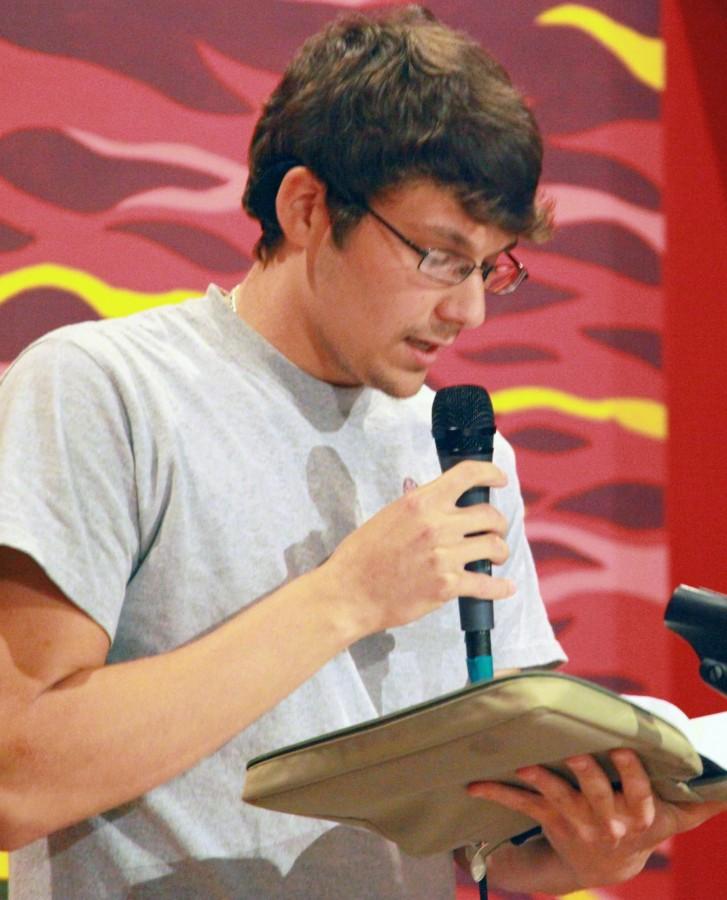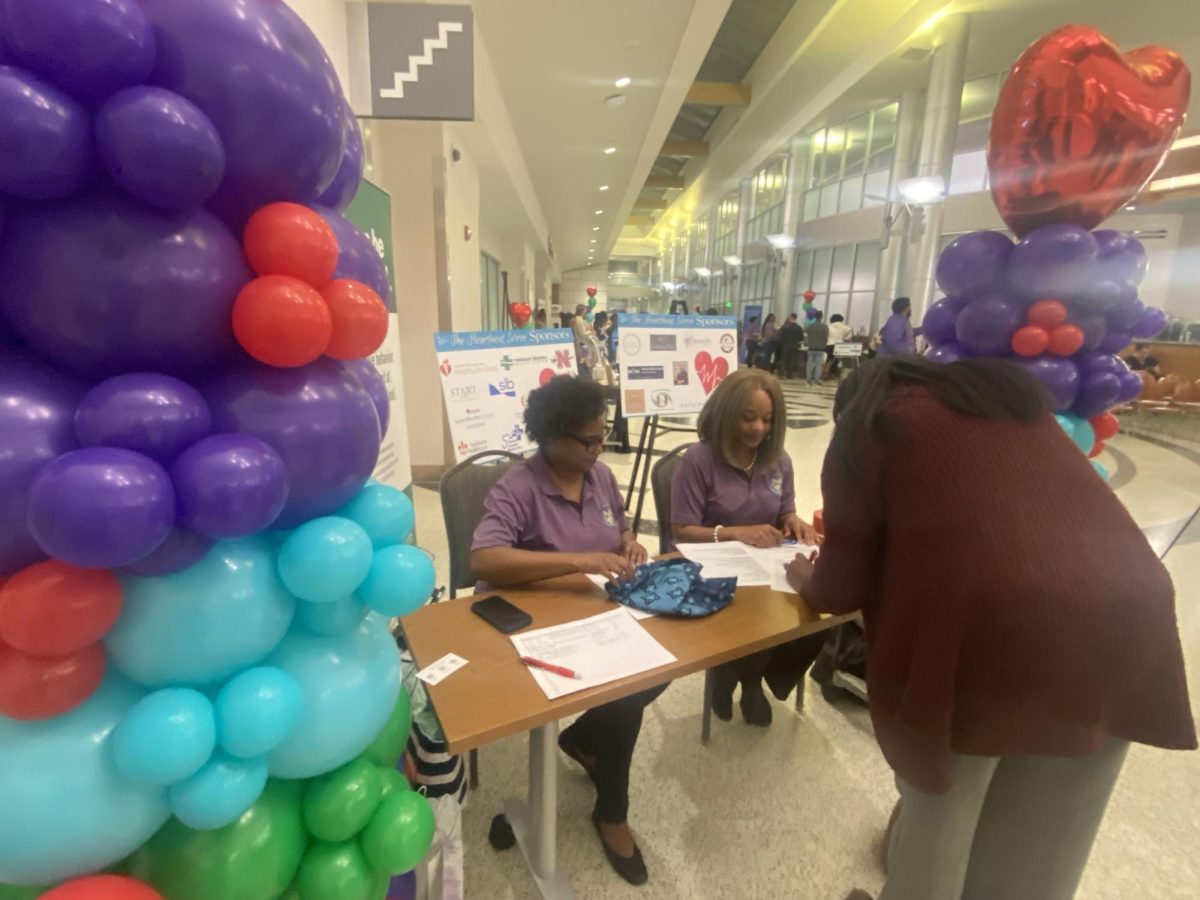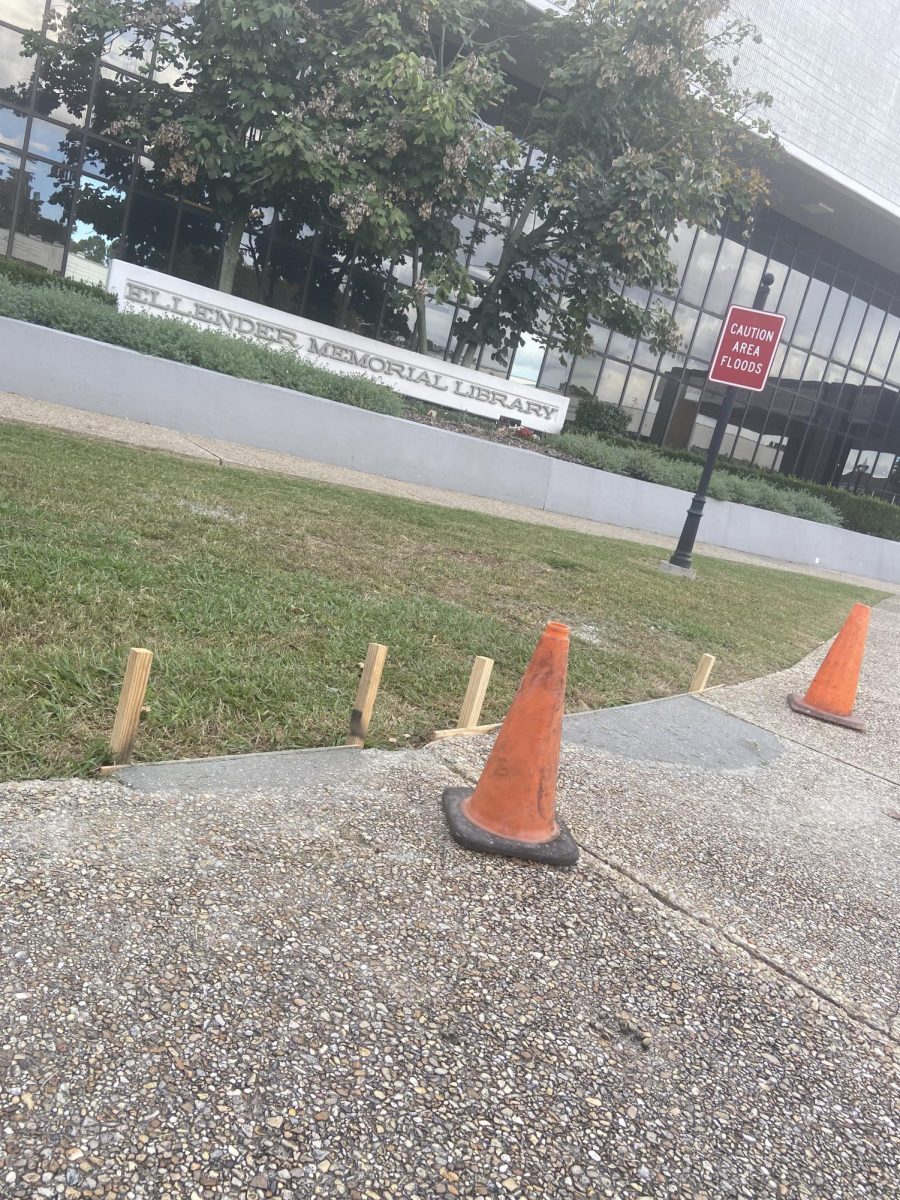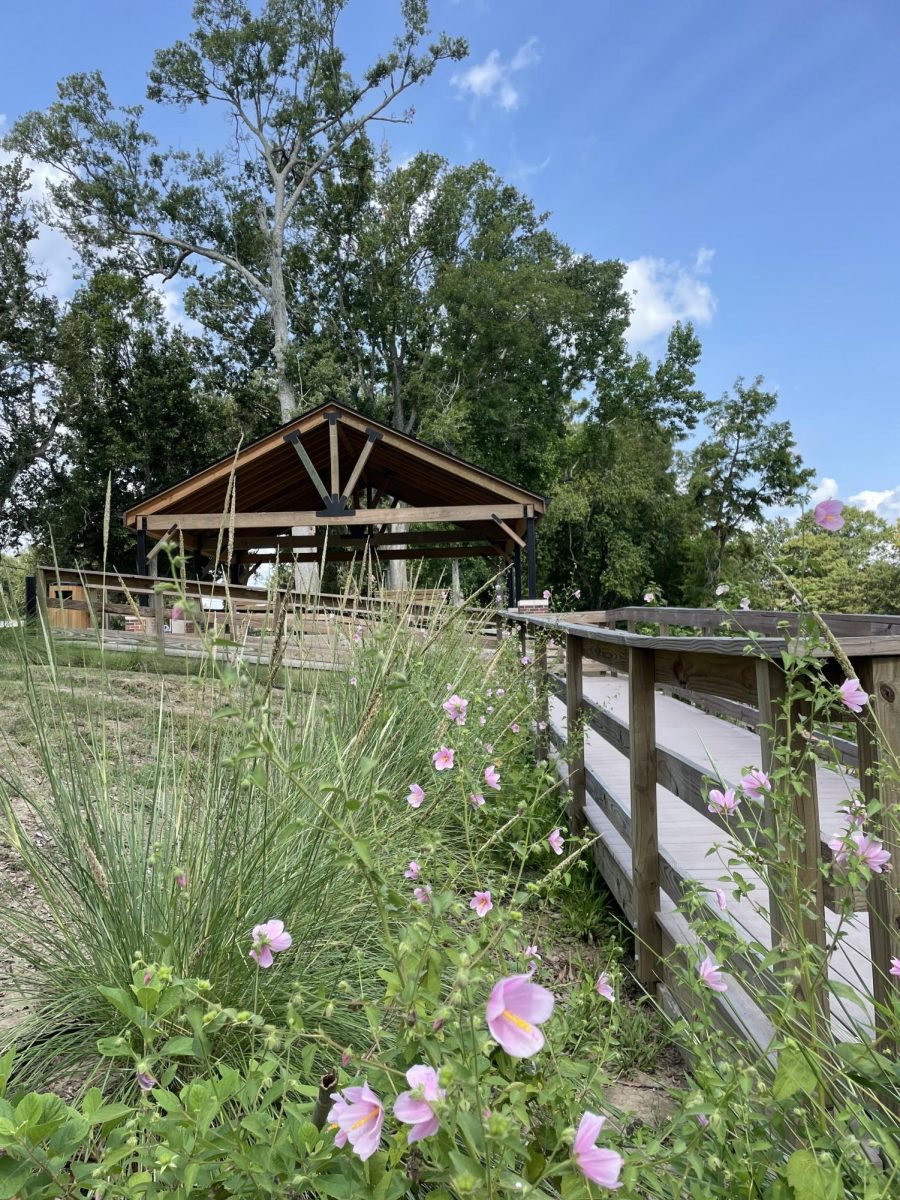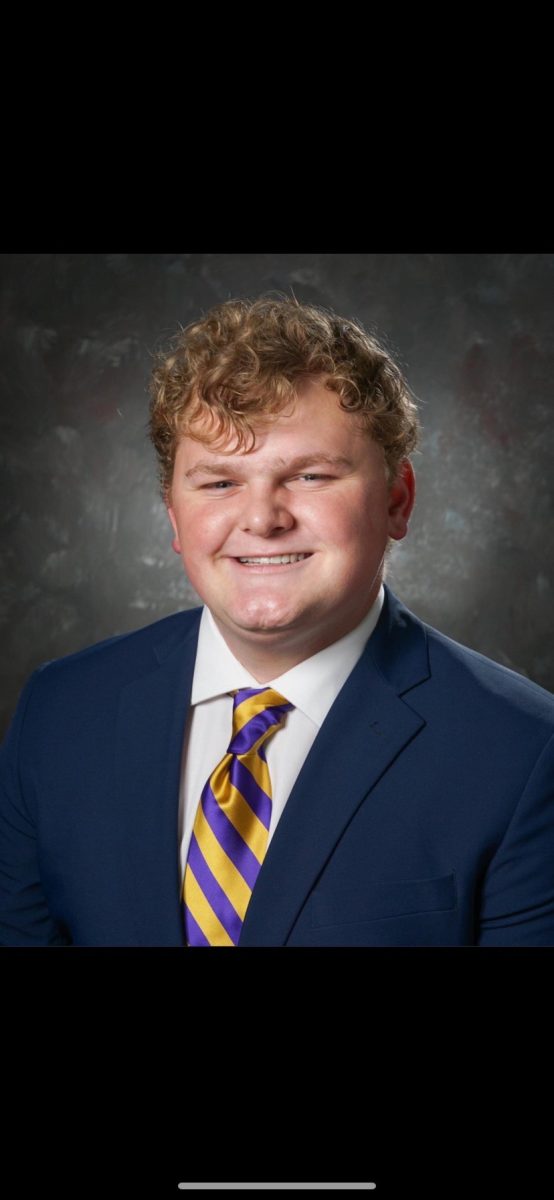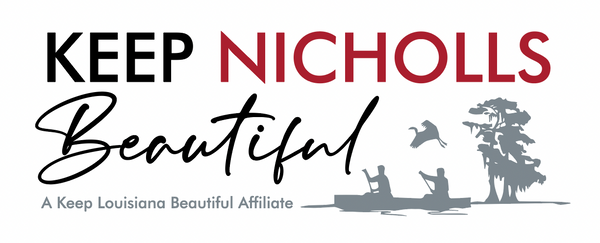College years often represent a time of independence and self-expression that marks many students’ search for religious or spiritual beliefs.
According to the Pew Forum on Religion and Public Life, fewer young adults (ages 18-19) belong to any particular faith and are less likely to be affiliated with a particular denomination than their parents or grandparents. The forum also reports that young adults attend less religious services than the generations before them. In total, nearly one in five adults under 30 years of age say they were raised in a religion but are now unaffiliated with any particular faith.
Many young adults, however, retain religious practices and beliefs from their upbringing, the Pew Forum reports. Young adults’ beliefs on topics like heaven and hell closely resemble that of older people, and the number of young adults who pray daily far exceed those who do not.
In Louisiana, 83 percent of adults say they absolutely believe in God, according to the U.S. Religious Landscape Survey conducted by the Pew Forum in 2010. Seventy-three percent of Louisianans say it is very important to have religion in their lives, and 53 percent say they attend religious services at least once a week.
Allison Perque, freshman from Chackbay, said she believes in God, but her religious beliefs do not correlate with one particular denomination, including her Catholic roots.
“Coming from a deeply religious background, during college my beliefs have turned into simple satire,” Perque said. “Some call it rebellion; I call it education.”
Anthony LaJaunie, science education sophomore from Houma, said that he does not require the structure of a religious life. He does not take the Bible literally and does not believe it was divinely inspired. Without observed evidence of a higher power, he said he cannot prove or disprove God.
“The burden of proof is on the theist,” LaJaunie said. “If you want to evangelize and preach to me, then you have to show me the evidence as to why God exists.”
Sarah Martin, culinary sophomore from Ocean Springs, Miss., grew up with Christian and pagan beliefs.
“I used to believe in aspects of both sides,” Martin said. “We went to church on Christian holidays.”
Martin explained that her beliefs are based around the spirit and karma of all living things. After death, the spirit is reborn into another living thing based on the levels of good and bad karma from the previous life.
“Every living thing on the planet is equal,” Martin said.
Some students say that their faith has strengthened upon starting college.
Katie Lebouef, pre-physical therapy sophomore from Thibodaux, who has always been affiliated with the Catholic Church, said that although it is tough to show how religious she is at times because of societal pressures, religious organizations on campus have helped her maintain her beliefs.
“I personally believe that if you involve yourself with the right group of people and pray to God constantly, anyone can do the same,” Lebouef said.
Leaders of religious groups on campus agree that many students, regardless of which domination they identify with, are seeking a spiritual connection in their late teens and early twenties.
Monique Legendre, Saint Thomas Aquinas Center director, said that it is beneficial to have a place where people with the same beliefs can discuss uncertainty.
“This is why it is so important for campuses to have some type of campus ministry with something representative of all the different denominations,” Legendre said. “College is where you start to develop your own faith.”
Jonathan Lafleur, Baptist Collegiate Ministry director, said that the purpose of evangelism is not to attack or dominate other viewpoints.
“Our intention is not to convert anyone,” Lafleur said. “Our intention is to provide fellowship for people who want to worship the Lord, hear His word and grow in their faith.”
If someone comes in struggling with their faith, Lafleur said, the organization welcomes them.
“We put our arms around those people and try to encourage and love them,” Lafleur said. “Ultimately what we want is for them to believe, but we are not going to push people out the door if they don’t believe. We won’t give up on them.”
Carly Guidry, Chi Alpha co-director, said she believes that living through example and showing love to others is the best way to evangelize.
“There are some people who are more concerned about getting their point across, but I hope and believe that it is more about the relationships,” Guidry said.
President of Alpha II Omega, Jeffrey Allen, echoed Guidry’s belief that relationships are the most important part of any religious organization. He said the group was started to go beyond denomination, so that everyone could take part.
“No matter what our age, we are all still on the journey, and we are all on it together,” Legendre said. “We are all at different stages, but headed in the same direction.”


